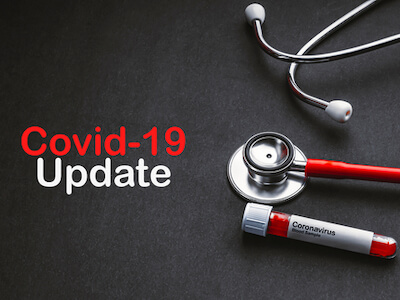Citing current COVID-19 trends, the Department of Health and Human Services (HHS) is preparing for the federal Public Health Emergency (PHE) for COVID-19, established under Section 319 of the Public Health Service Act, to end on May 11, 2023.
While the virus that causes COVID-19 continues to be a public health priority, the results of a vaccination program and other efforts to combat the virus have warranted a downgrade from the emergency phase, according to the HHS. With this updated status comes several changes employers and benefits managers should keep in mind.
What won’t change at the end of the PHE?
COVID-19 vaccines will still be covered by the plan without cost share, which is required under the CARES Act. The Advisory Committee on Immunizations Practices (ACIP) also classifies the vaccine as a preventive benefit, which typically has no cost share for members.
What will change at the end of the PHE?
- Private insurance will not be required to cover COVID-19 tests without cost share. However, a plan sponsor can choose to add cost share to the COVID-19 laboratory test.
- Coverage can either be added or denied for over-the-counter take home testing kits.
- Language from general plan limitations will be updated to remove time extensions referencing “the Outbreak Period” (defined as the period beginning March 1, 2020 and ending 60 days after the end of the COVID-19 National Emergency), for adverse benefit determinations, special election period enrollment and COBRA election periods, etc.
What Is Custom Design Benefits doing to help you prepare for the end of the PHE?
Custom Design Benefits drafted plan amendment and summary of material modifications for the 2019 Novel Coronavirus (COVID-19) that required no cost share for immunizations, testing, telehealth, and qualified Coronavirus Preventive Services. Details can be found in your SPD (Summary Plan Description) document that fully explain the changes COVID-19 added to the plan.
